“Death camp palace” – Manic Street Preachers.
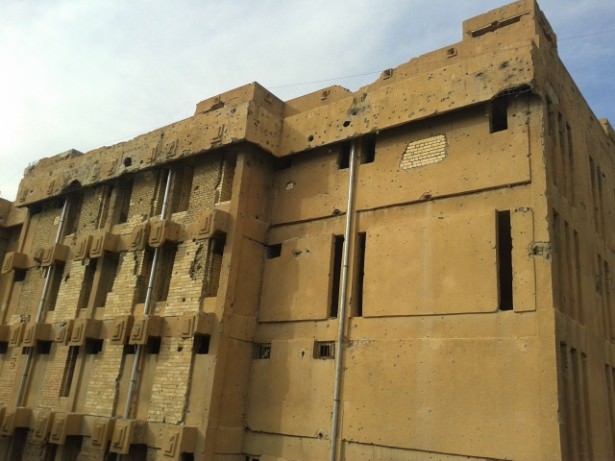
One of Saddam Hussein’s “Houses of Horrors”, Amna Suraka/Red Security in Sulaymaniyeh, Kurdistan, Iraq.
OK get ready for this one please. It’s fresh from my backpacking adventures in Iraq. I’ll warn you that this story isn’t for the faint hearted. I’m guessing that if you’re reading, you might have an idea who Saddam Hussein is. Yes, he was the leader of the Ba’ ath party in Iraq from 1979 until the coalition forces headed to the country in 2003 to obliterate his regime. Hussein finally died in 2006. But scars will linger forever. Iraqis and Kurds will always have reminders of Hussein’s regime. I decided to go casually backpacking in Iraq and quell my curiosity about this war torn nation. Iraq meant something to me, so I got my Iraqi Kurdistan Visa and headed to explore the northern region of Iraq – known as Kurdistan (Iraqi Kurdistan – as the Kurdish region also includes parts of Turkey, Iran and Syria).
Despite the fact that the ancient ruined city of Amadiya is gorgeous and the hanging gardens of Babylon are one of the ancient wonders of the world, a visit to Amna Suraka was probably the most important part of my travels in Iraq. It just had to be done. It’s a highly recommended visit. Life and travel is not always about the good things, you need to see some evidence of what really goes on – the bad times.
In this post I’m going to give a detailed overview for you all on how you can visit Amna Suraka too, and then I’ll share my own thoughts and feelings from the visit. You might need a coffee…
What is Amna Suraka?
Amna Suraka is one of Saddam Hussein’s “Houses of Horrors”. This is a complex where something bad happened, and you know it. In Kurdish the words “Amna Suraka” translates as “Red Security”. The main building is built of red and brown bricks hence the name. This building has a horrific history. But rather than knock it down and destroy the evidence of what remains, the Kurds saw the opportunity to keep it as it was, turn it into a museum and allow locals and visitors (few and far between) to see the horrors of the Ba ‘ath Party regime run by Saddam Hussein. It’s very cool that they have done that. Sometimes we need to see the horrors of the past to realise how lucky we are and ensure that the future of our children is a happy and hopeful one. We want peace, we don’t want war. Nobody does. Surely.
Amna Suraka was the northern headquarters for the Ba ‘ath regime’s notorious Iraqi Intelligence Service. They were known as the Mukhabarat. This “centre” was used to imprison, detain, torture and kill thousands of people. These people were innocent Kurds, Iraqis and Syrians. Mostly Kurds. The numbers are not quite known, but thousands entered this complex and were never seen alive again. This is a scary place. It reminded me of course of my visits to Tuol Sleng and Choeng Ek Killing Fields, both in Cambodia. It’s a chilling travel experience.
When was Amna Suraka Liberated?
In 1991, during the Gulf War, the Kurdish Peshmerge broke into the prison, and liberated it, killing the evil officers that were responsible for the deaths of so many lives. After that, the survivors headed back to their families and homes and Amna Suraka became un-used.
When did Amna Suraka become a museum?
In 2003, Amna Suraka was turned into a museum. Iraq though, isn’t really a touristy place. When we were backpacking in Iraqi Kurdistan, we saw just two other foreign tourists. One was a guy from Finland who we saw for 20 seconds in a hotel in Erbil, then he had gone. The other was a shy photographer, who clearly didn’t want to be seen as a tourist when my girlfriend and I caught him taking a photo of a park in Dohuk.
** Amna Suraka was Iraq’s first museum. There really are not many about.
Getting to Amna Suraka/Red Security Complex
To visit Amna Suraka, you should base yourself in the city of Sulaymaniyah in Iraqi Kurdistan. Sulaymaniyah is the second biggest city in the Kurdistan region. It’s also the most cosmopolitan and liveable city in Iraq. We stayed at the Yadi Hotel, though it was a tad dear, so we’d recommend staying more central in a cheaper spot in and around the Bazaar and Grand Mosque.
The easiest and quickest way to get to Amna Suraka is to walk it. Walk away from the main Bazaar in Sulaymaniyah, through the main entrance arch and onto Salim Street. You’ll see the massive Sulaymaniyah Palace Hotel on your left. Keep walking straight along Salim Street, for just under a kilometre or so (or say about 10 minutes). Then on the right hand side there is a Chamber of Commerce with Iraq and Kurdistan flags flying. Take a right on this street, 21st Street and walk straight past the roundabout and after about 200 metres of so you will see the complex in front of you. A massive wall surrounds it, lookout posts on each corner and barbed wire on the top. Turn left and walk round the perimeter to the next main road and the entrance to Amna Suraka is on your right.
The only other options you have are taxi (expensive and basically pointless – just walk it) and mini-bus (infrequent and too time consuming – just walk it).
Opening Hours of Amna Suraka/Red Security Complex
These are subject to change but as a general rule it should be open every day except Friday (their holiday here in Iraq). Please allow at least two days in Sulaymaniyah just in case – to make sure you don’t miss it.
Opening Times are usually 9am – noon, then from 2-4pm.
Arrival at Amna Suraka/Red Security Complex
On arrival at the entrance you will see a soldier. He stands and mans the entrance, fully armed. He speaks a few words of English and is pleasant. He’ll know why you’re here of course. Just say hello and he’ll show you the main entrance door.
You go through a door into a small room with a television and an office. There were a few local guys in here watching TV. I said hello and in I went, inside the main complex. Entrance is of course free, as it should be. This is not about money remember – this is people’s lives. This is a place where lots of people were brutally murdered.
There is no search on the way in and there are no real restrictions. I don’t expect this to change anytime soon, as Iraq is still a war zone in parts and a lot of backpackers are scared or wary of going there.
Once inside you can walk around at your leisure, or indeed ask one of the guys to show you around. It didn’t feel right for me to have someone with me, so I didn’t even ask. I wandered around on my own and that’s how I wanted it.
Was it busy at Amna Suraka?
NO. I was the only tourist there. It also seemed to me like not many tourists have been there recently. They seemed a bit surprised to see me. I was actually glad the place isn’t full of tourists and especially not bus loads of tour companies. There’s no room for commercialism or happy tours here. This is a serious hardcore, mental and poignant bit of backpacking.
I was glad I was there alone. I had the place to myself to think about things.
Different Parts of Amna Suraka
1. The Complex Exterior
The exterior walls of the Amna Suraka complex meet the nearby roads and streets. The walls are high enough and have barbed wire at the top. The walls are littered with bullet holes and rubble remains. It has deliberately been left in a bit of a mess to suit the scene and portray the carnage that took place on this site. There are raised guard posts on each corner. They are not used anymore.
2. The Entrance
The entrance has a small room on the right hand side with a desk and a TV in it. Locals guys were relaxing here when I entered. I guess their job is to be responsible for the site and to show any visitors around, if requested. A soldier stands on the main door and greets you when you arrive. It seemed to me to be just one soldier manning the entrance. Entrance is fast, free and obvious. There is no entry ticket, no map and no leaflets. It seems completely appropriate that there isn’t.
3. The Hall of Mirrors
Once inside, take a left and walk along the path and to your right you will see a room with mirrors in it. This is known as the “hall of mirrors”. They are all small shards of mirrors in all sort of shapes, lining the walls. It’s not really that spooky and it’s as good a tribute as you can get for victims of mass murder. Each single shard of mirror represents ONE person that was killed by Saddam Hussein’s regime in the Anfal Campaign.
Shockingly there are 182,000 shards of mirrors here. Walk along the hall and ponder about it all. The hall moves in an “L” shape round to the right, where you’ll see a mock Kurdish Family Home.
4. The Kurdish Family Home
This small room at the end of the Hall of Mirrors is almost like saying “this is how life should be”. Sadly the reality is – it wasn’t. Have a moment to ponder this as well while you admire the traditional Kurdish family home. Remember, museums in Iraq are somewhat non existent. Well Amna Suraka was the first.
5. The War Weapons
If you ever needed proof of what Saddam Hussein’s army were capable of, then this place will hang around in your mind. It’s an outdoor “car park” area where tanks, trucks, cannons and guns are on display. They’ve all been left as they were, which adds to the experience. Bland colours, rusting, evil, inhumane creatures that sit in a desolate car park. These are just some of the Ba ‘ath party’s war weapons.
6. The Main Building: Torture Chambers, Prison Cells and Photos
After walking around the complex and courtyard, head inside the main building. Here you will find the torture chambers, prison cells and a walk through museum with photos only – no words, no music. Just photos. Unsurprisingly, this is a very eerie and spooky experience.
It’s really dark, aside from some red lights that shine onto each photo. It’s completely as you’d expect. It’s spooky, inhumane and a tad disturbing.
Each photo portrays something completely horrific. Death. Innocent death by the Ba ‘ath Party led by Saddam Hussein. Happy human beings were beaten, detained, tortured and murdered in this very building.
It is completely disturbing.
It’s hard to know which were torture chambers and which were cells. To me – there’s no difference. Every room has evil seeping out of it. These rooms are horrific dark, dead, lonely, desolate and spooky and are in the lowest floor of the main building. You walk down steps underground to get inside, following the red arrows. Red is the thematic colour for the entire building.
I took photos of the photos on the wall. I have no qualms with doing that, nor of sharing them on here. I feel it’s important for the future to remember the horrors of the past.
I apologise if the photos disturb you. They disturbed me too, but I still needed to go there to see how brutal and evil this man and his men were.
Inside the main building, I was able to access just the first two floors. The upper floors were locked. Perhaps they are open sometimes – perhaps they will turn into part of the museum too.
However what you see is enough. You know the score. You know the story.
You have seen it with your own eyes now and it is completely terrifying.
The worst part for me was that most of the deaths shown in the photos were of young children. Innocent children, and even babies. Beaten, shot at and murdered in their own country. By their own country’s leaders. Absolutely shocking.
Take your time to walk around and take it all in.
I was there all alone so it was a bit creepy but I really got a sense for the place and I sympathised with everyone within.
7. The Courtyard
Once you are back outside and have seen what happened inside the main building at Amna Suraka, walk around the courtyard. It offers views of the complex and allows you to gaze around and ponder on the gruesome events that occurred here. I wandered round, took a few photos and stopped in silence to think about it all.
8. Cafenet
There is a “cafe net” inside the complex that presumably will be a coffee shop with internet facilities. It wasn’t open when I visited and I didn’t really want it to be. It looks a bit out of place. After exploring Amna Suraka I wanted back out into the open fresh air of Sulaymaniyah. I’d fancy a cup of tea and a beer in Sulaymaniyeh later on, but I didn’t fancy sinking a cappuccino and checking the football scores in an internet cafe inside such a horrific complex. There’s no need for it.
I wandered back out into the fresh, crisp and hopeful air of Sulaymaniyah. A city full of future hopes, dreams and promises. This city is the most developed in Iraq.
And while Sulaymaniyah currently has some swanky 5 star hotels, foreign restaurants and well organised street layouts, we are still in Iraq here. Let’s not forget that.
It will be a few years yet before this place becomes a new trendy, cool backpacking city to head out to. And when it does, the local people will finally get some reward for their years of suffering and hard work. The locals are friendly people here.
For the meantime, just remember that any visit to Amna Suraka will be emotionally challenging and probably disturbing. That doesn’t mean to say you won’t feel slightly moved by it. I just felt really sorry for what had happened here.
To the people of Sulaymaniyah, Kurdistan and Iraq, may the victims of the past rest in peace and may you all move forward together in harmony. You have a beautiful country.
Here are my videos from my trip to Amna Suraka Red Security Complex:

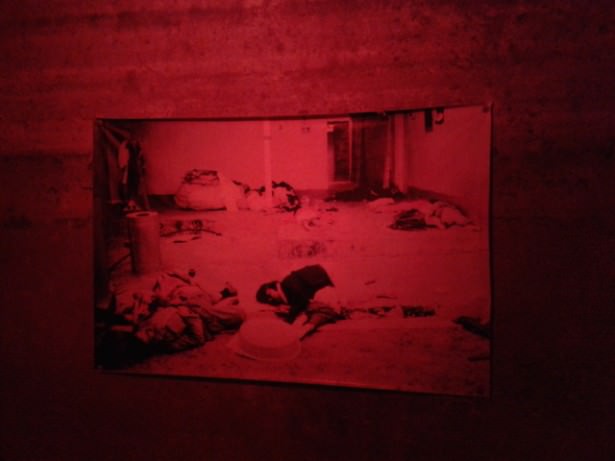
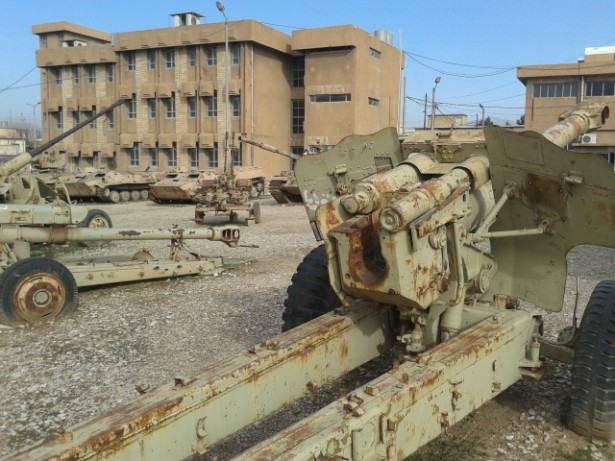
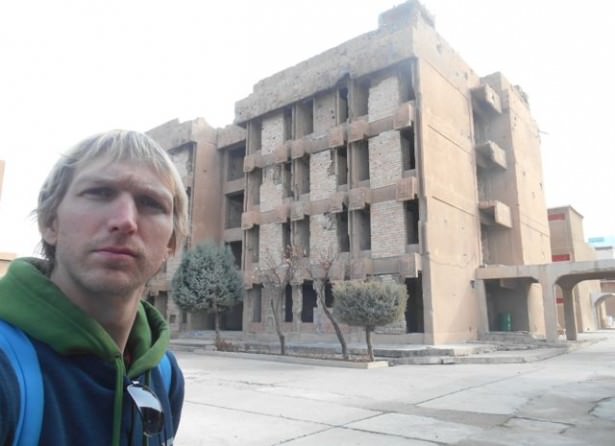
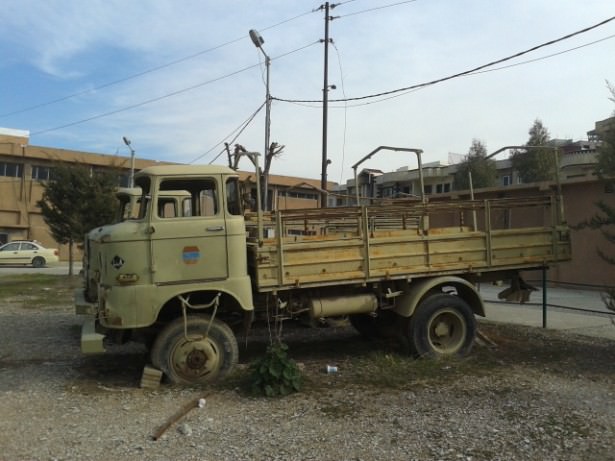
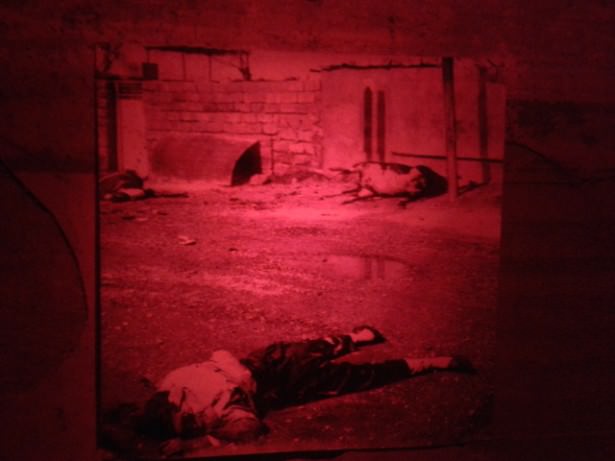
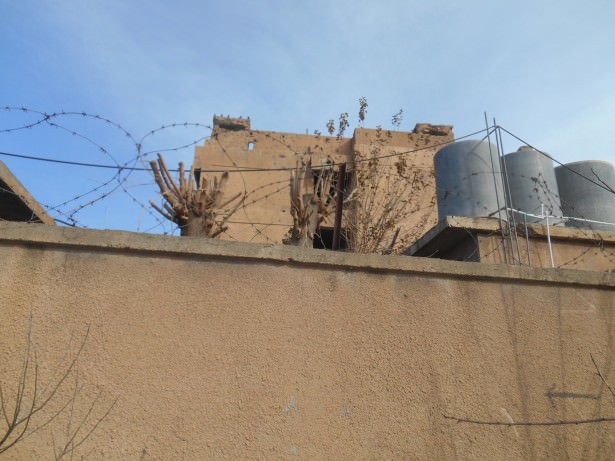
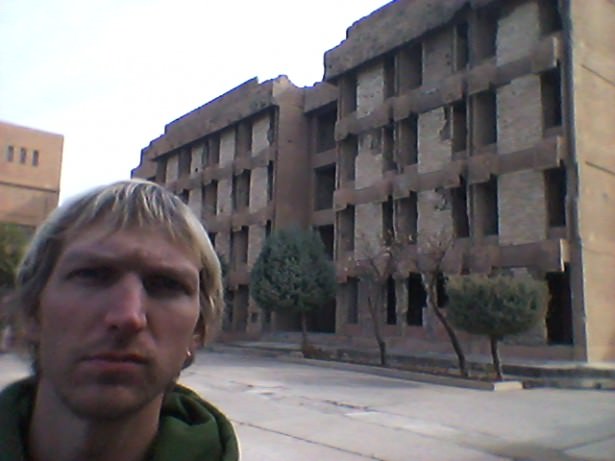
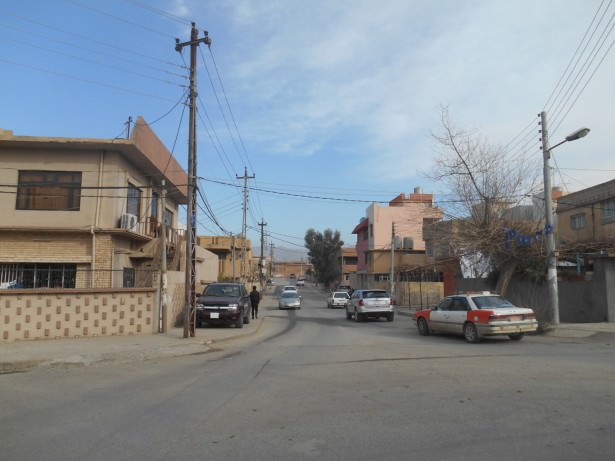
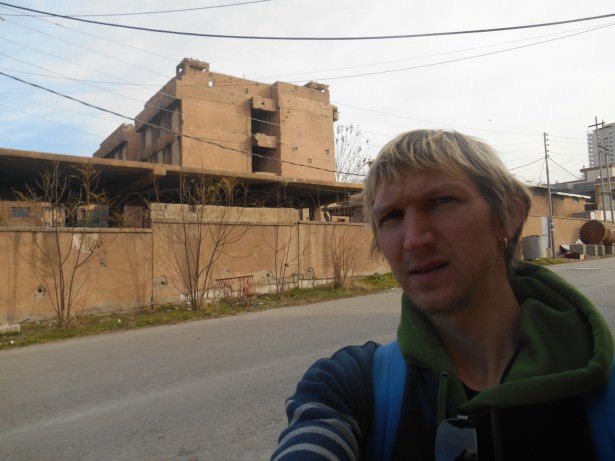
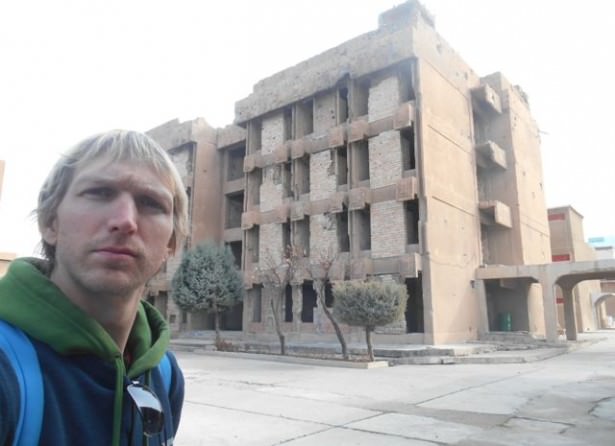
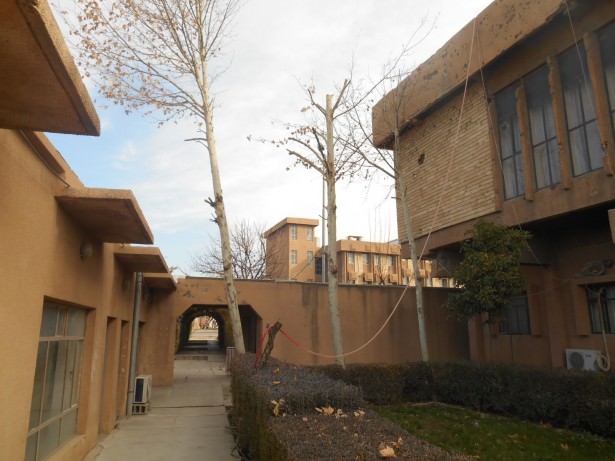
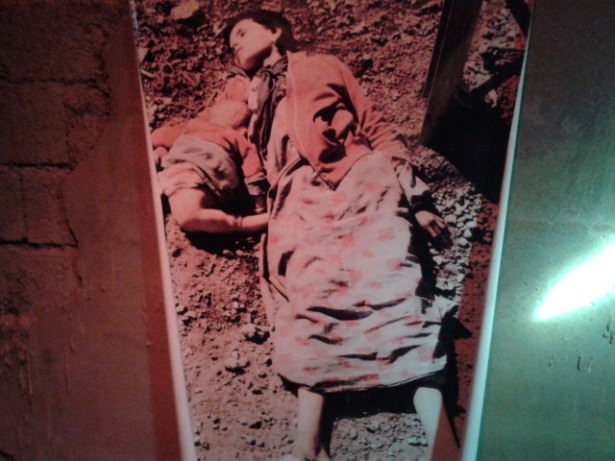
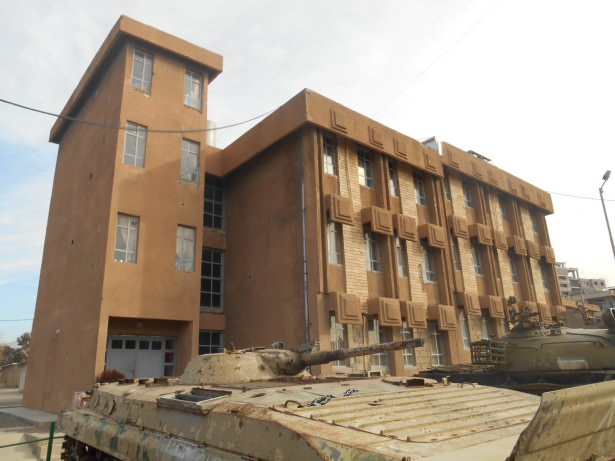
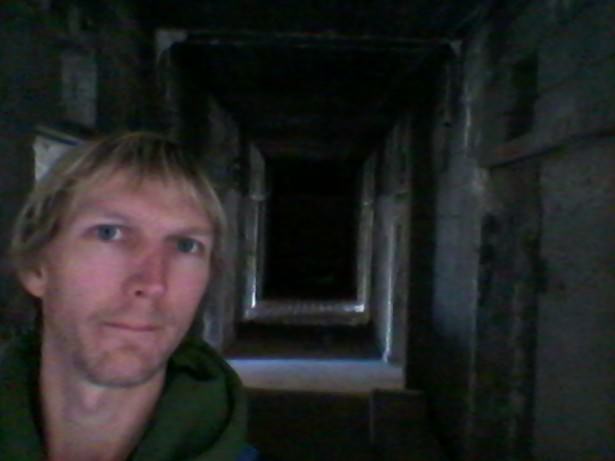
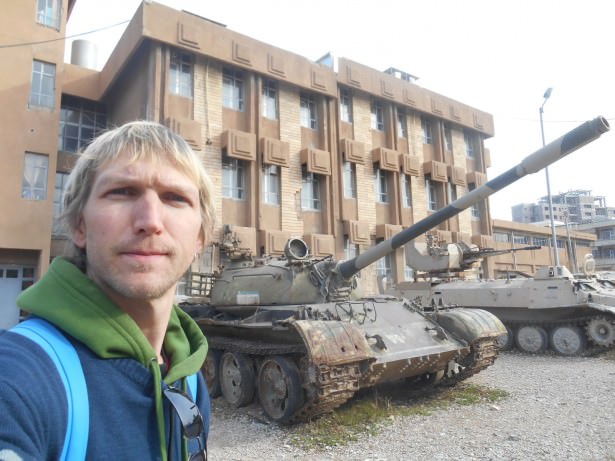
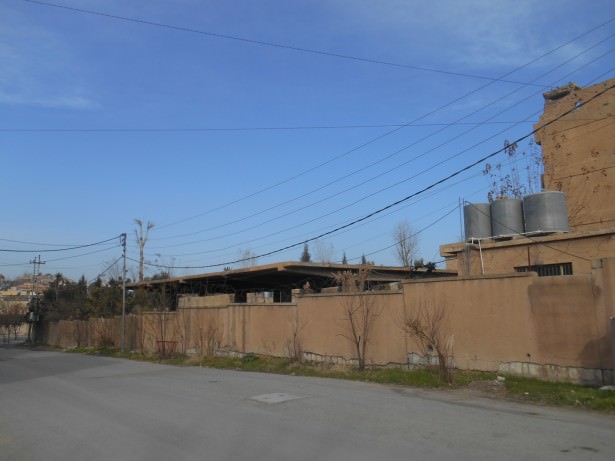
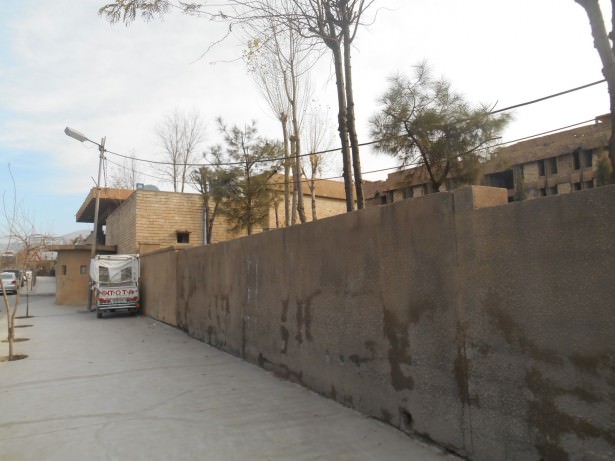
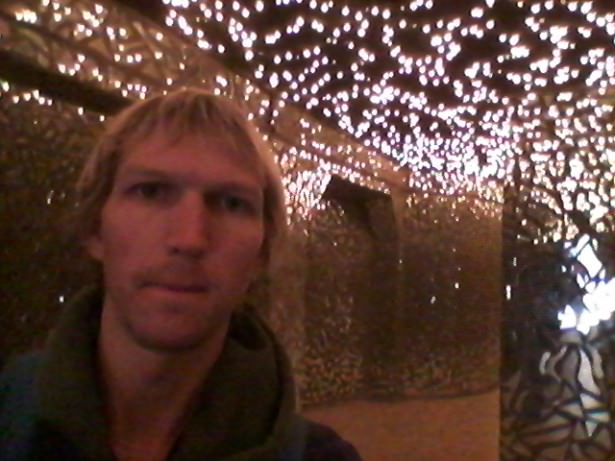
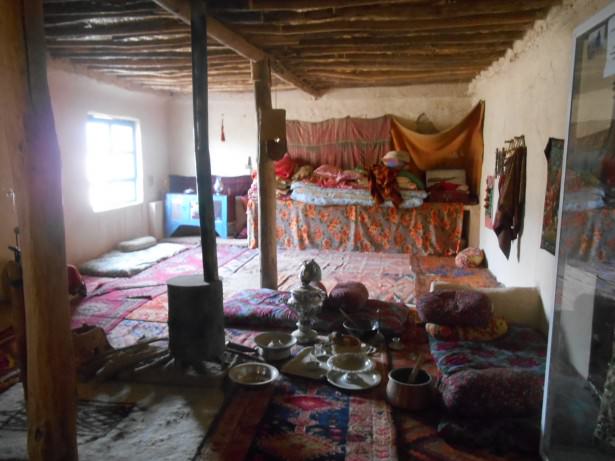
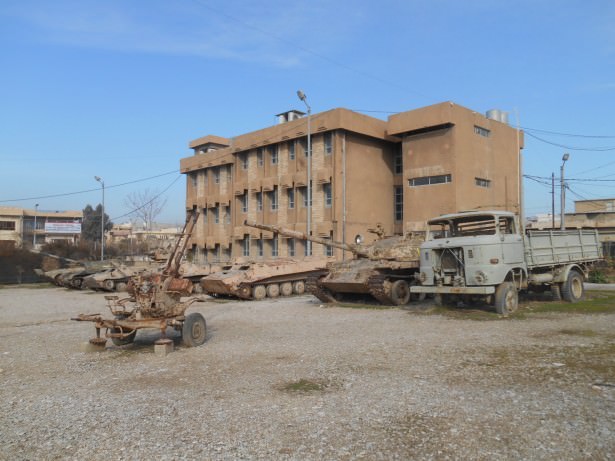
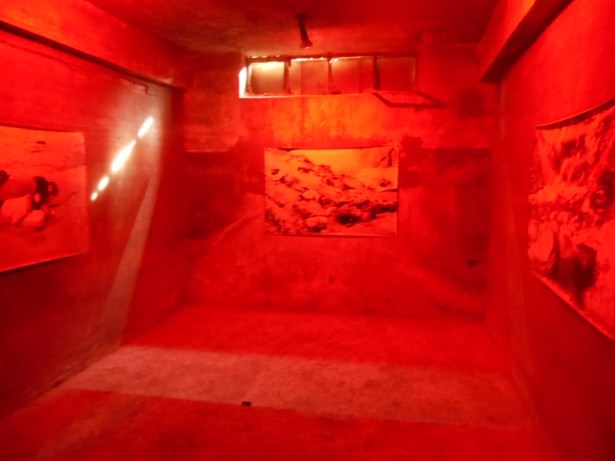
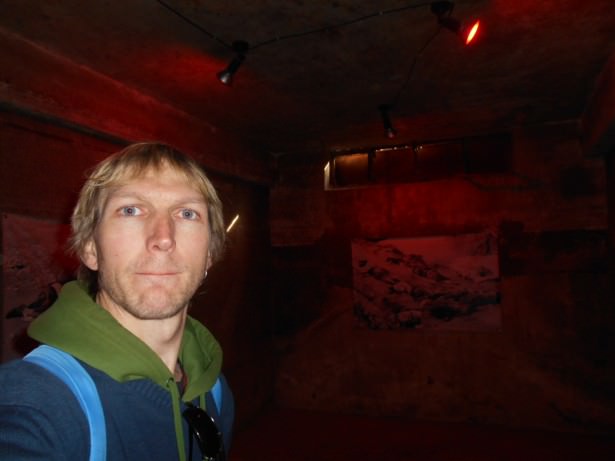
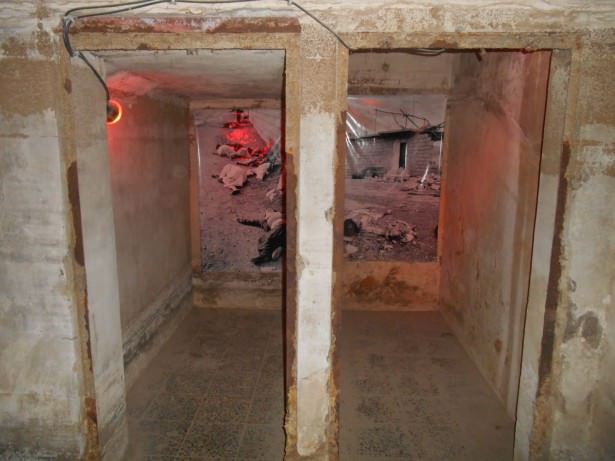
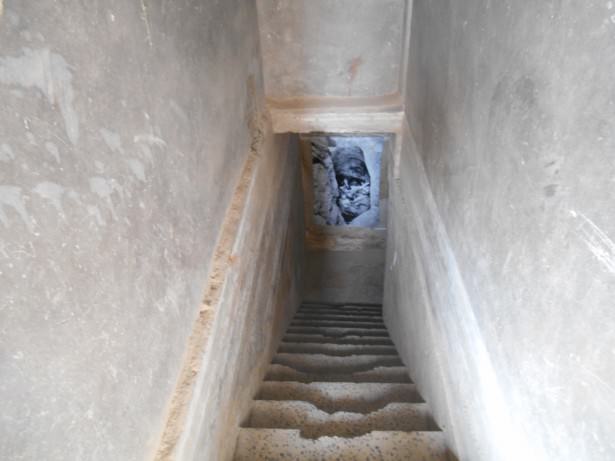
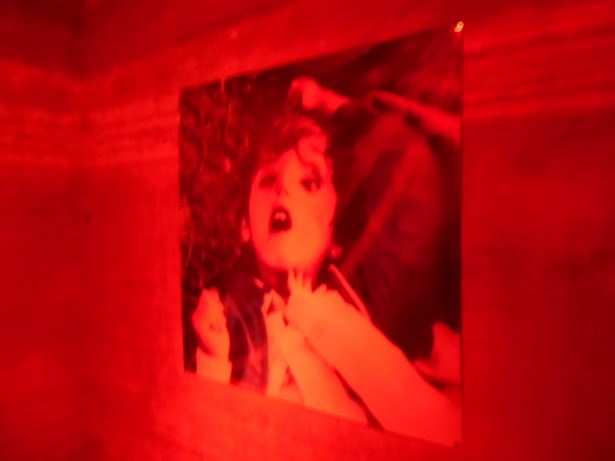
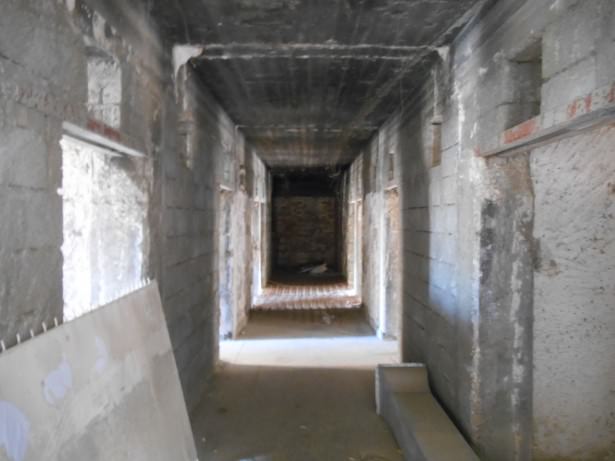
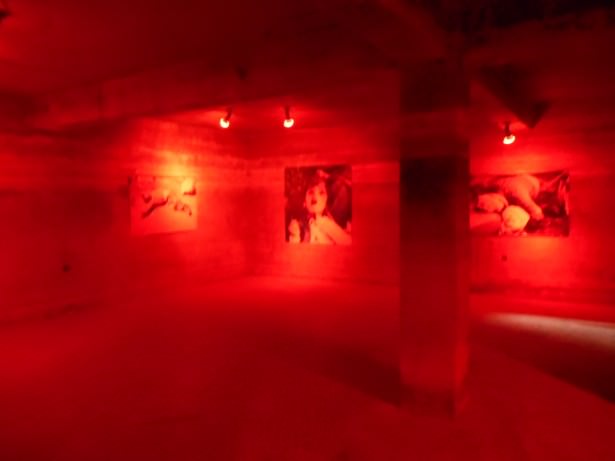
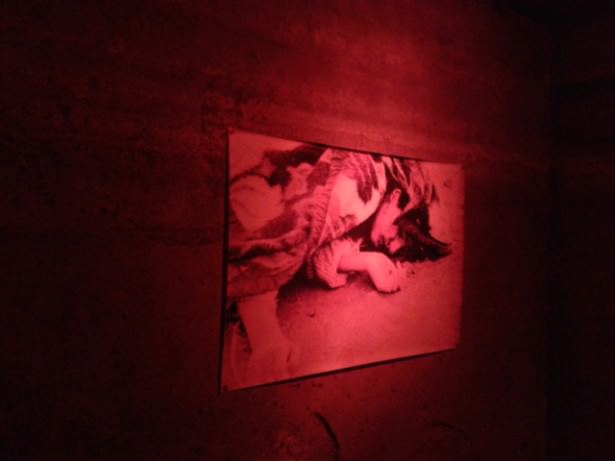
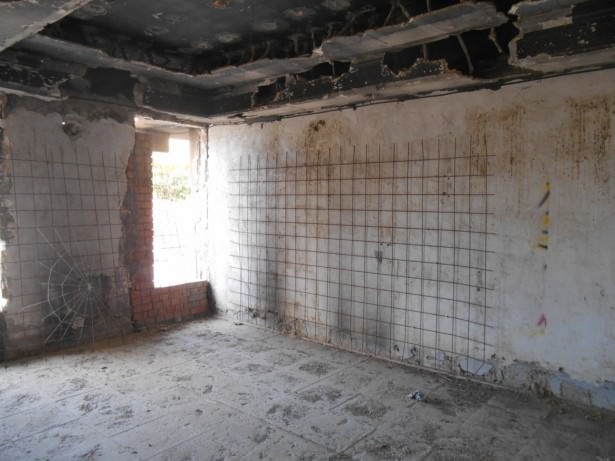
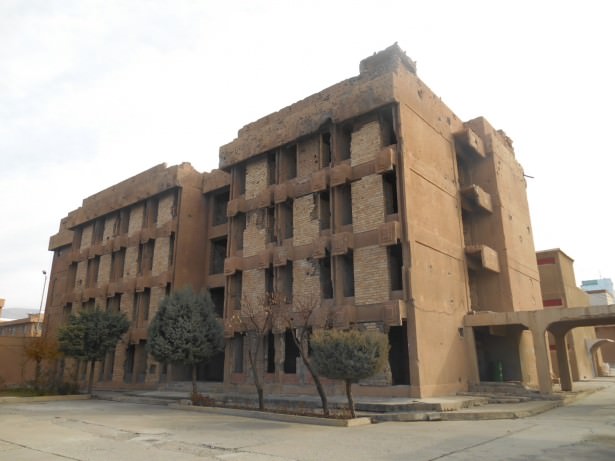
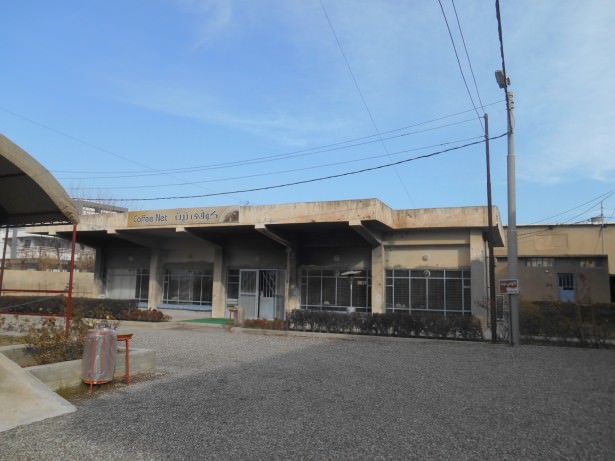
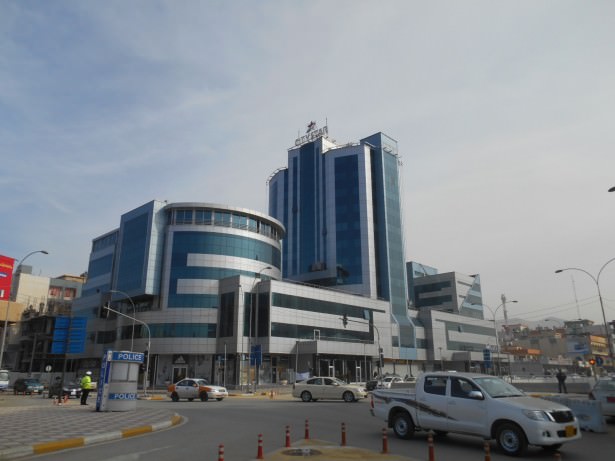
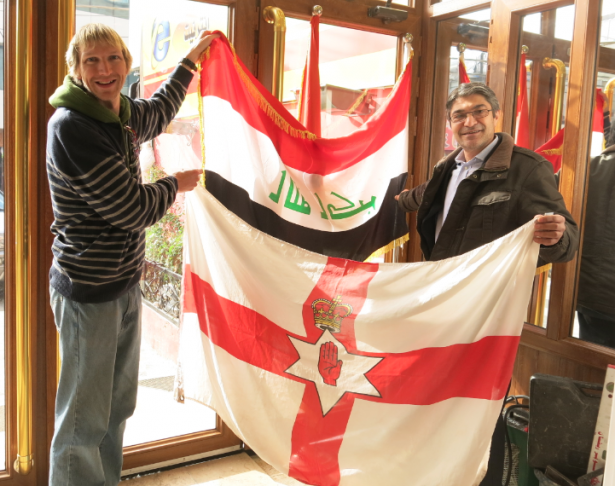
This is so heart breaking to see! But like you said, very important to remember the past to prevent the mistakes of the future. Here’s hoping Iraq finds peace and stability again within our lifetime.
Hi Ray, thanks for the comment. Yes it’s a truly sad place to visit but important that it remains a museum. Safe travels. Jonny
thanks for ur informations about kurdistan and our past
im saya from kurdistan in arbil city
there are so much more things that surprise u alot if u see in kurdistan happen
for example halabja disaster by baath in 16/3/1988 wich over 2000 ppls or more died in same minute by sparying gass by iraqi planes on them and it was in 11:30 in the morning
Hi Saya, thanks for the comment. I had a great time in the Kurdistan region of northern Iraq, I didn’t get to see the Kurdish parts of Syria and Turkey yet but hopefully sometime. It’s a beautiful region with nice people. I hope we all find peace. Safe travels. Jonny
i’m Hama 23 year old my grandpa dead he was martyrdom at f***in amna Suraka after that my family leaved Slemani 16 years ago we stay in erbil i don’t like slemani Amna Suraka
Hi Hama, Sorry to hear that. Peace and love to you and your family. Jonny